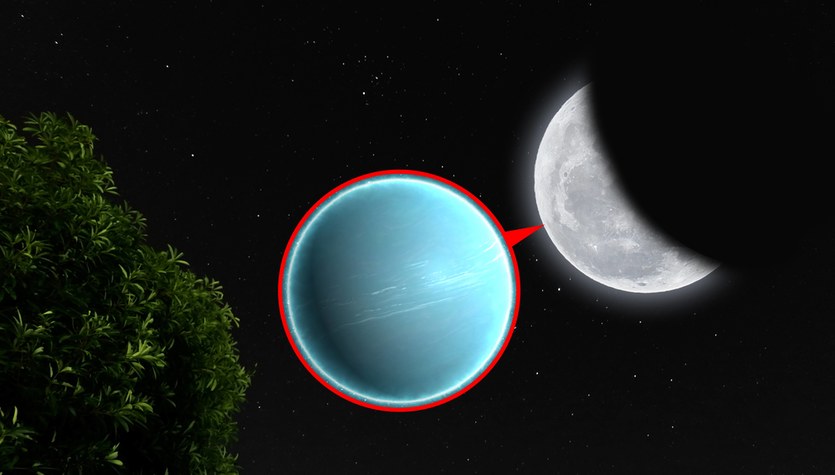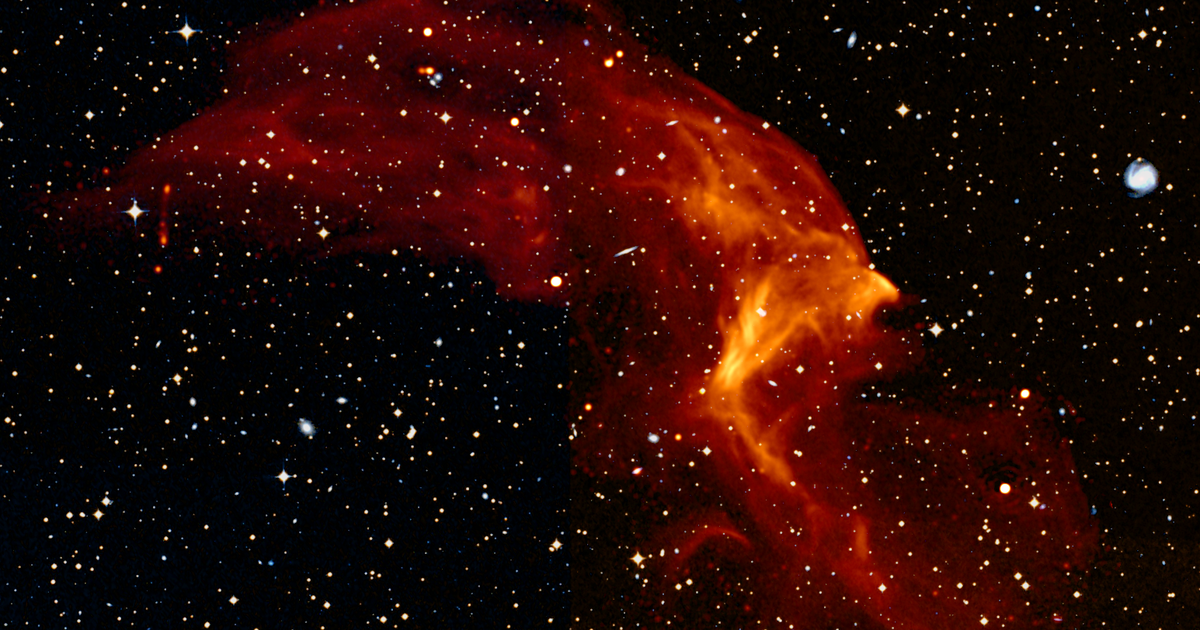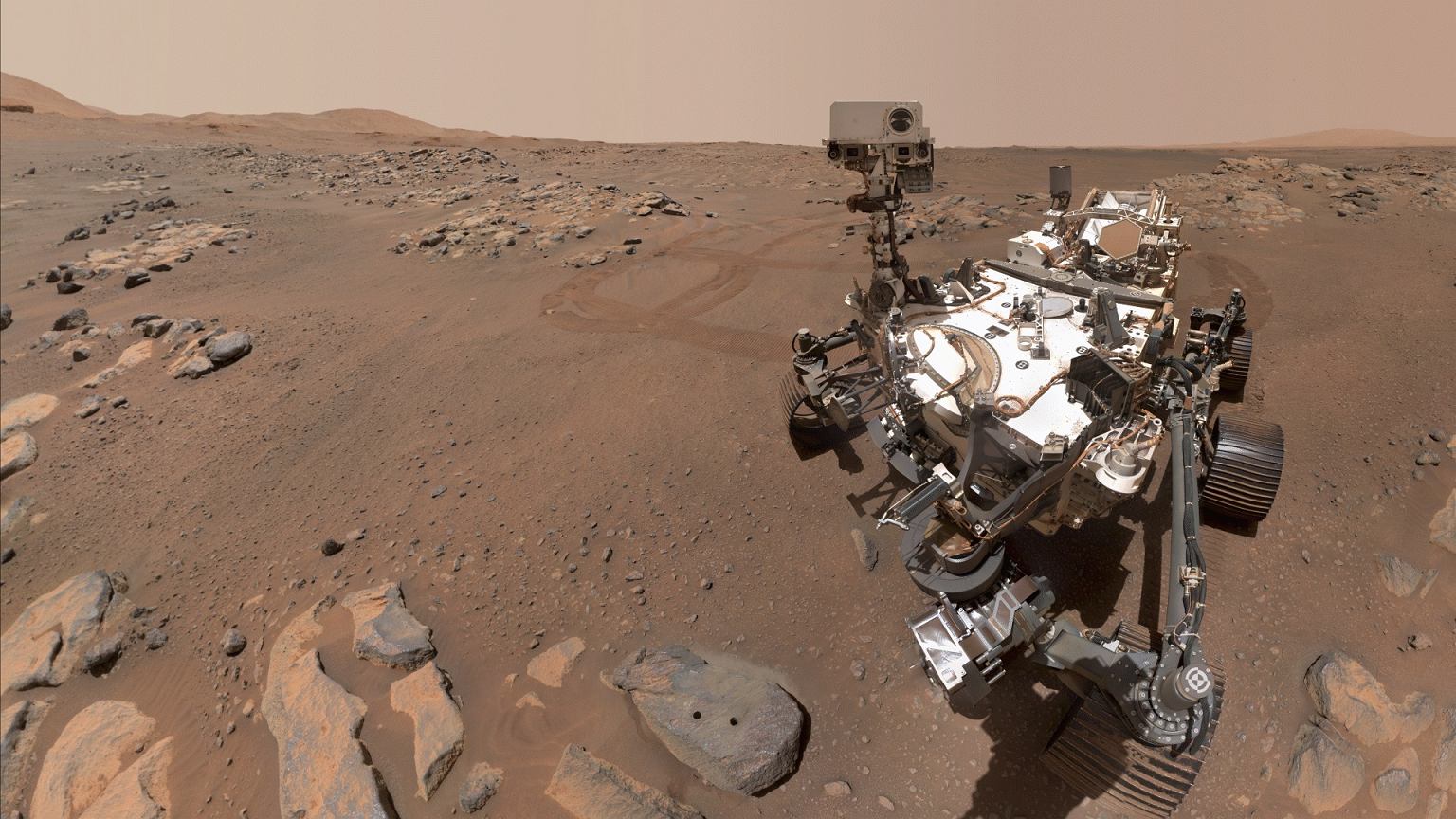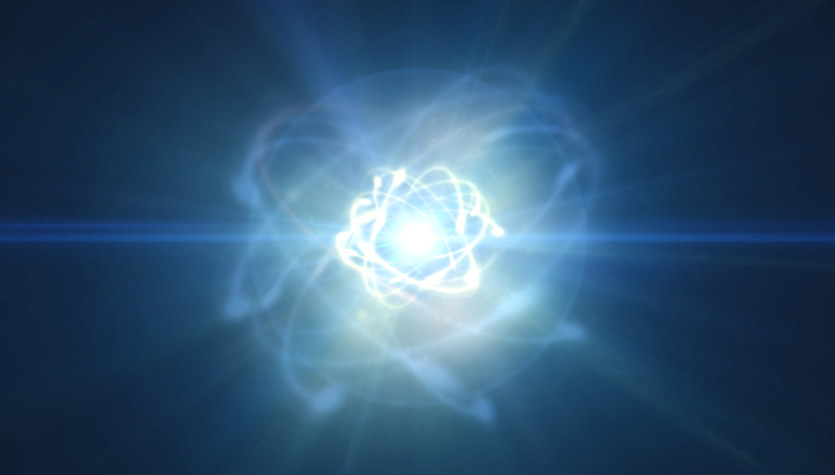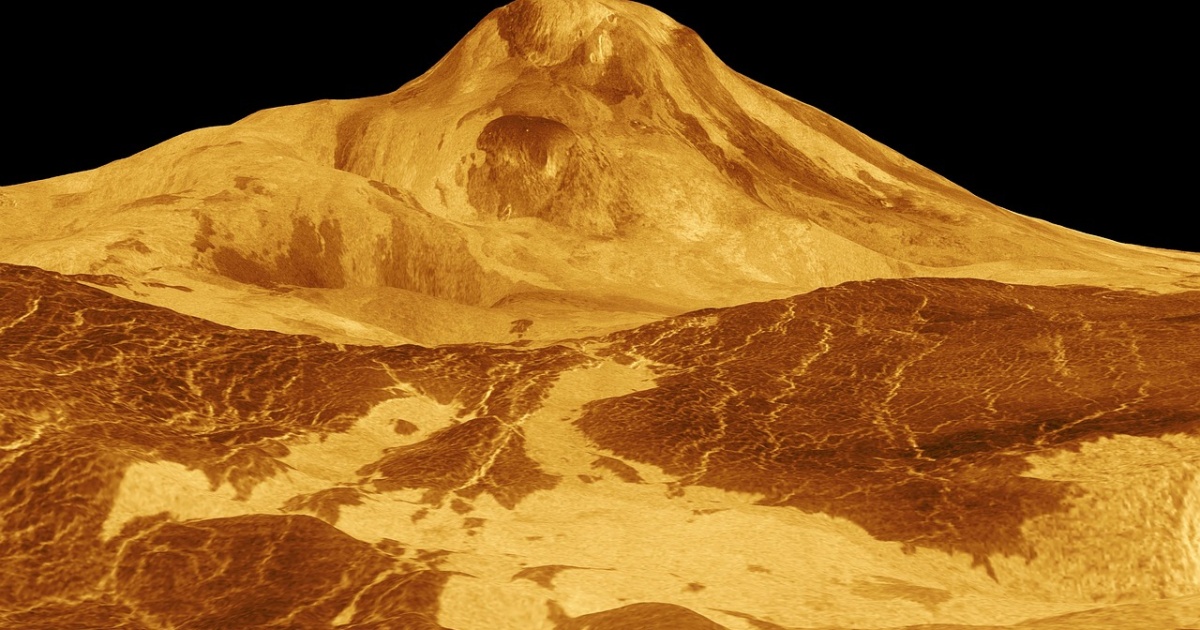There is an old saying that human imagination is limitless. Probably everyone has had that moment when their jaw dropped from the impression of what a man can do. Of course, the brain is responsible for human stupor. No wonder scientists have been researching its potential for many years. As the results of one of the analyzes show, biocomputers based on organoids created from brain cells are not a product of science fiction. Does artificial intelligence have anything to fear?
Biocomputers composed of quasi-organisms could leave artificial intelligence far behind. As it turned out – the capabilities of the biological structure in terms of computing power exceed conventional systems with much less energy consumption.
Artificial intelligence is conquering the world. What will our future look like? Replacement or collaboration?
In the beginning, there was electronics, an interdisciplinary science whose object of study was living organisms along with their working principle. Scientists believe that adapting solutions found in nature to the needs of technology would allow for more efficient technology development. It turns out that the countless inventions created by imitation are still something to behold. An international team of scientists from Johns Hopkins University is working on the idea of an organelle biocomputer, which theoretically has much greater potential than artificial intelligence.
Artificial intelligence today: smart or not?
Organisms can simply be referred to as miniature copies of an organ. They have a similar level of biological and structural complexity as the original. They arise from cells isolated from the tissues of a particular organ, embryonic stem cells, or full potential stem cells (which can differentiate into any type) derived from somatic cells as a result of the introduction of certain genes. In the case of biocomputer research, of course, human brain cells are of interest. With current technology, it is possible to grow 3D structures with a high cell density, containing an increased number of glial cells and showing a high level of gene expression. For laymen – this means that the information flow is more accurate and denser, and therefore ideal for deep learning processes.
Artificial intelligence recreates images of people based on DNA
According to Professor Thomas Hartung, a member of the aforementioned team, the advantage of traditional computers is incomparably faster operations on numbers, but it is the human mind that excels in learning. Unlike a machine, the most important organ of the human body is capable of processing data simultaneously in a parallel and sequential manner. Its computing power is estimated at about 1 exaflops (for comparison, the world’s fastest supercomputer currently provides a bit more power). Additionally, it is capable of holding an estimated 2,500 terabytes of data. All this with the power needed to run it at the 20W level.
Artificial intelligence – (in) safety for humanity?
What are the challenges faced by a team that wants to create a biocomputer capable of defeating artificial intelligence? The first will be the size. Yes, at present it is possible to create complex structures, but they consist of 50,000 cells, while a biocomputer would need structures containing about 10 million cells. However, this required solving the problem of providing them with oxygen and food. The sure idea would be the forcible perfusion of liquids into the building space. Another problem is finding a way to efficiently and effectively communicate with organelles similar to those currently found between a conventional human and a computer. In addition, it is difficult not to raise the topic of the lapse of memory of such a vital structure. Although organelles quickly learn to play pong, they forget everything much faster.
Artificial intelligence helps predict earthquakes
When it comes to potential applications of biocomputers, areas that require quick logical decisions, such as identification of observed objects, are mentioned above. Also an important aspect is the incomparably lower energy consumption, which may be an important event in the context of a changing global energy policy. In addition, research on organoids has the potential to advance neuroscientific understanding of brain development, learning processes and exactly how memory works. In the long term, it is even possible to understand the degeneration processes of the nervous system and to find a cure for disorders such as dementia.
Microsoft is close to acquiring Nuance Communications. Artificial intelligence and medical solutions will only benefit from this
Of course, as you can easily imagine, the biocomputer is an invention of the second half of this century, if not beyond. However, significant research and consultations are already taking place in the context of the ethical development of this project. This year, many webinars and panels are planned, during which the use of organelles for data processing will be discussed in depth, and there will also be an opportunity to discuss them. However, it may be too early to ask if Crysis will work on it.
Source: Frontiers, Ars Technica

Echo Richards embodies a personality that is a delightful contradiction: a humble musicaholic who never brags about her expansive knowledge of both classic and contemporary tunes. Infuriatingly modest, one would never know from a mere conversation how deeply entrenched she is in the world of music. This passion seamlessly translates into her problem-solving skills, with Echo often drawing inspiration from melodies and rhythms. A voracious reader, she dives deep into literature, using stories to influence her own hardcore writing. Her spirited advocacy for alcohol isn’t about mere indulgence, but about celebrating life’s poignant moments.

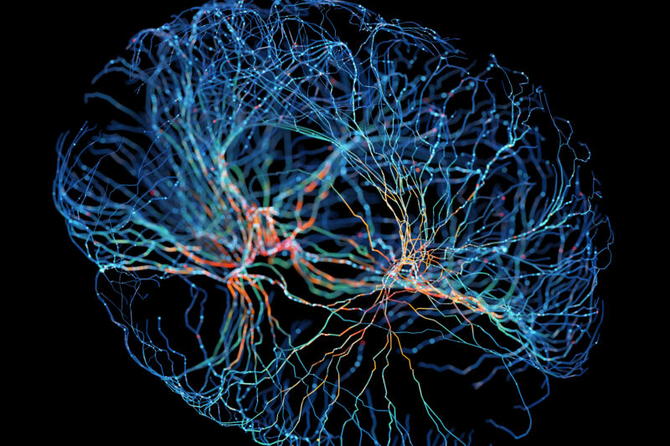

![Artificial intelligence will not conquer the world. According to scientists, organics have much more potential [2]](https://www.purepc.pl/image/news/2023/03/02_sztuczna_inteligencja_nie_podbije_swiata_wedlug_naukowcow_to_organoidy_maja_znacznie_wiekszy_potencjal_1.jpg)
![Artificial intelligence will not conquer the world. According to scientists, organics have much more potential [3]](https://www.purepc.pl/image/news/2023/03/02_sztuczna_inteligencja_nie_podbije_swiata_wedlug_naukowcow_to_organoidy_maja_znacznie_wiekszy_potencjal_2.jpg)
![Artificial intelligence will not conquer the world. According to scientists, organics have much more potential [4]](https://www.purepc.pl/image/news/2023/03/02_sztuczna_inteligencja_nie_podbije_swiata_wedlug_naukowcow_to_organoidy_maja_znacznie_wiekszy_potencjal_3.jpg)
![Artificial intelligence will not conquer the world. According to scientists, organics have much more potential [5]](https://www.purepc.pl/image/news/2023/03/02_sztuczna_inteligencja_nie_podbije_swiata_wedlug_naukowcow_to_organoidy_maja_znacznie_wiekszy_potencjal_5.jpg)
![Artificial intelligence will not conquer the world. According to scientists, organics have much more potential [6]](https://www.purepc.pl/image/news/2023/03/02_sztuczna_inteligencja_nie_podbije_swiata_wedlug_naukowcow_to_organoidy_maja_znacznie_wiekszy_potencjal_4.jpg)
